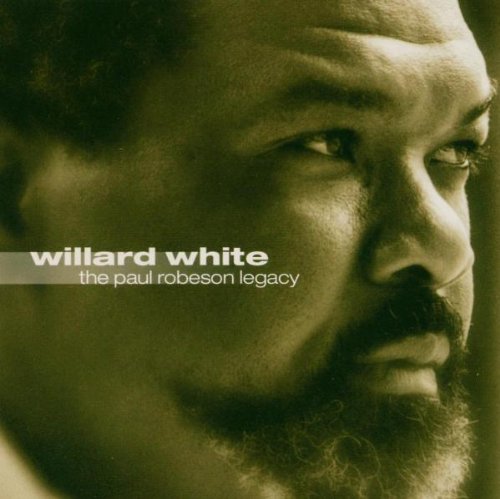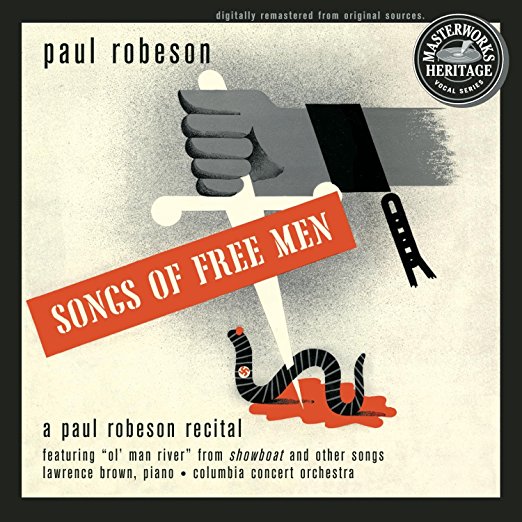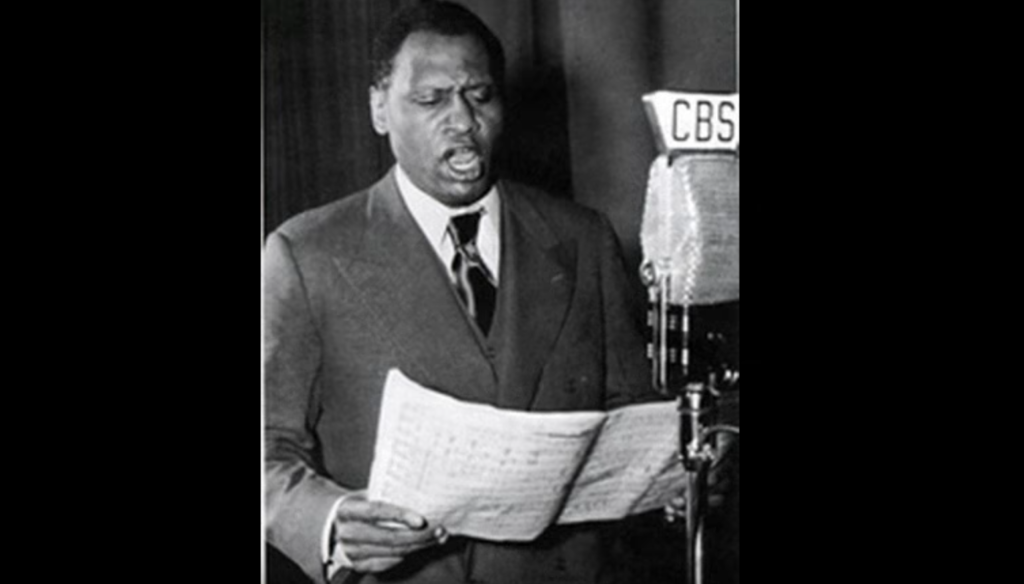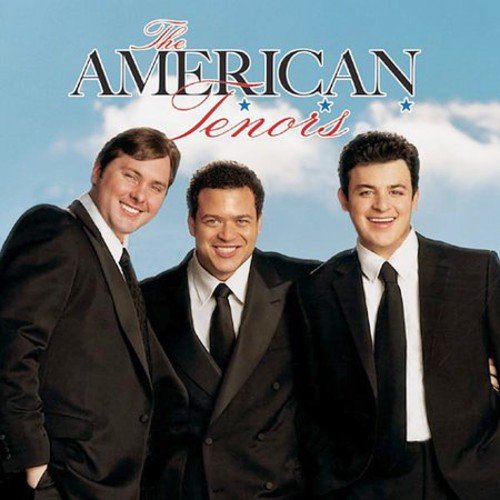About
Born in Seattle, Washington, Robinson attended the University of Washington, moving to New York in 1934 after finishing his bachelor and teaching degrees.
In New York, Robinson worked for the Workers Laboratory Theater and studied with Aaron Copland at the Downtown Music School. His songs became very popular during this time, not only the two mentioned in the introduction, but also other topical songs like “Black and White,” “Hurry Sundown,” and “The House I Live In.” In 1938, he wrote a cantata called Ballad for Americans, which premiered on the radio with Paul Robeson as a soloist.
In the 1940s, Robinson wrote scores for Hollywood films and won an Academy Award in 1947 for The House I Live In, a film based on his original song.
Robinson returned to New York in the 1950s, and in the 1960s, his work received increased attention due to the folk music revival. He also began to write more complex, abstract music, including his concerto for banjo in 1967.
Robinson sought to reach a wide range of people with his music, so his works almost always are based in folk music and are accompanied by a text or some sort of program.
–Christie Finn
Source: Steven E. Gilbert’s article in The Grove Dictionary of Music and Musicians
Related Information
Songs
Videos
Recordings

The Paul Robeson Legacy
(Henry T. Burleigh and Earl Robinson)
2001

Songs of Free Men
(Marc Blitzstein, Earl Robinson and Oley Speaks)
1947



